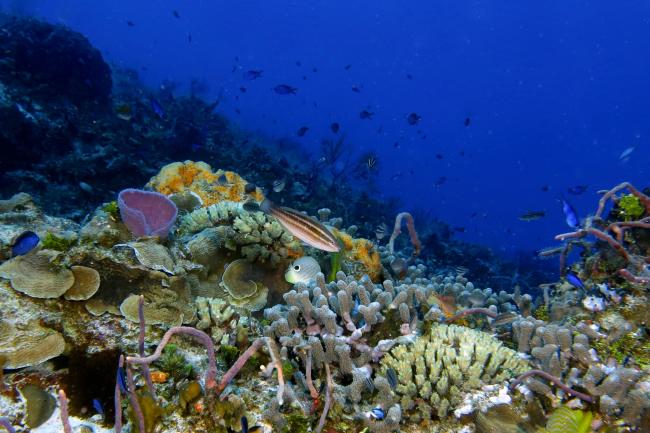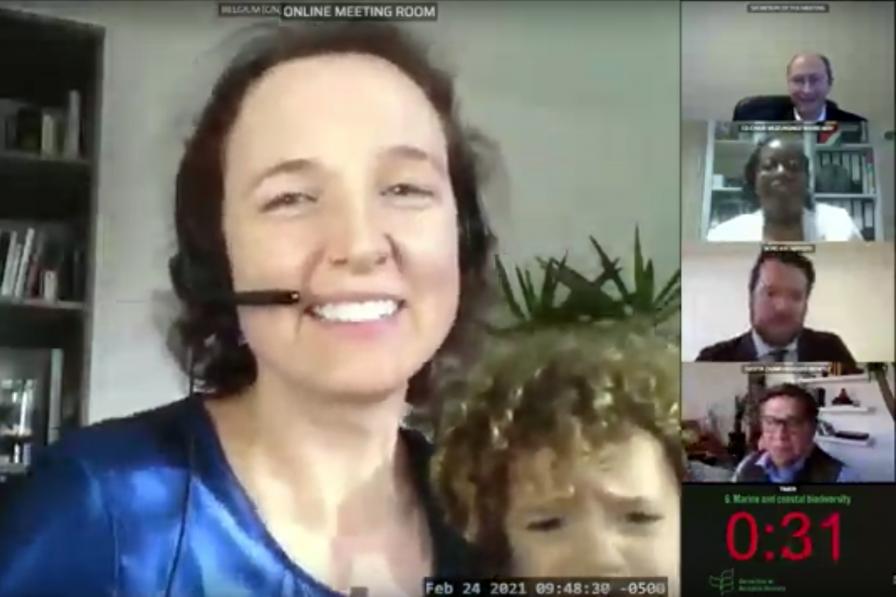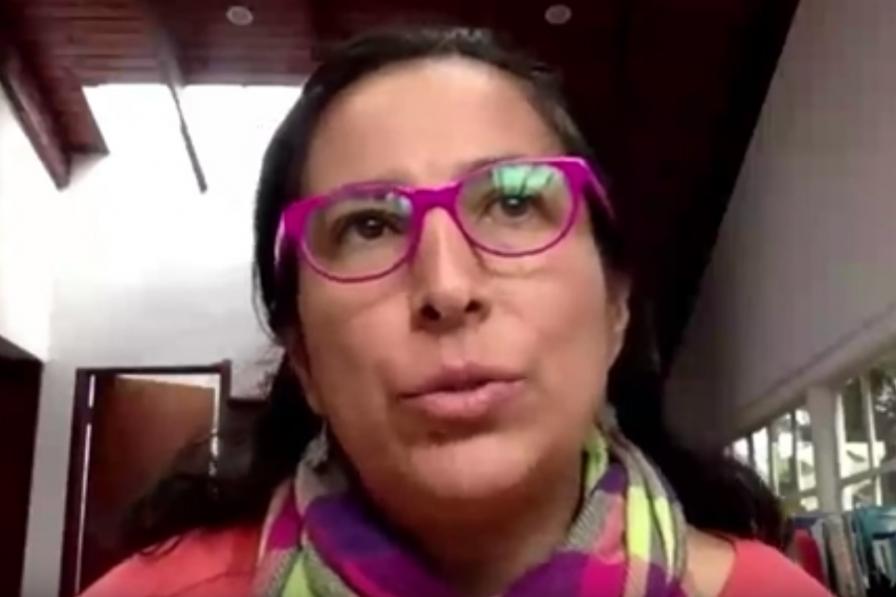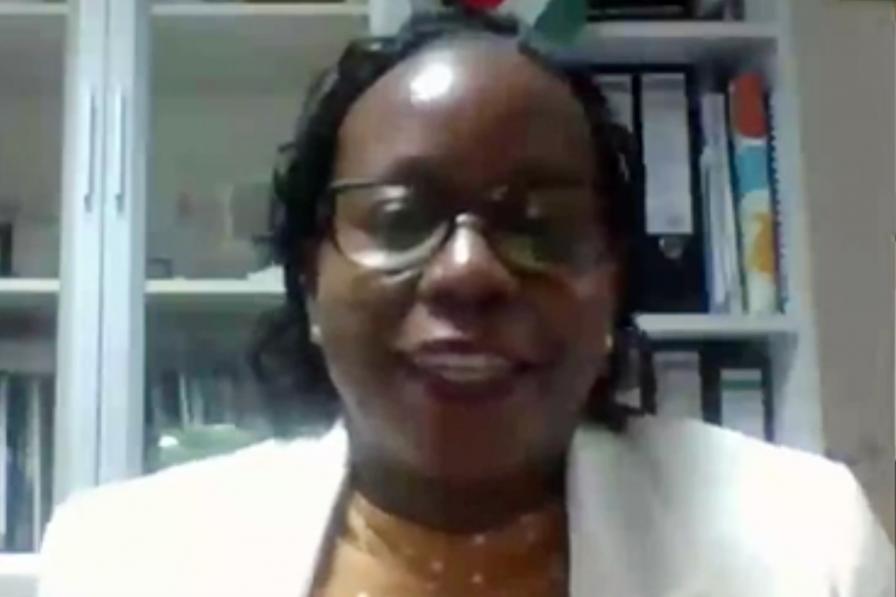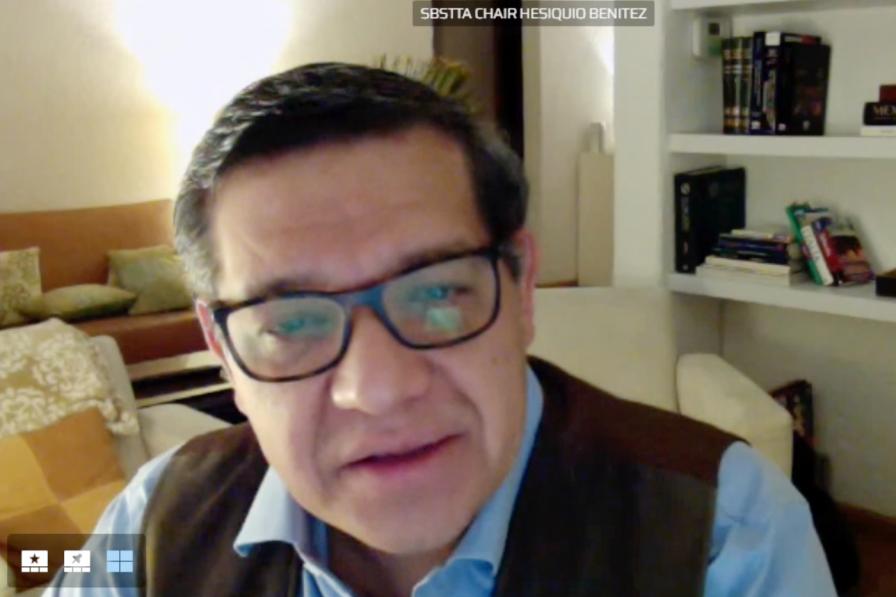Delegates resumed discussions of risk assessment and risk management of living modified organisms (LMOs). They continued to hear statements from parties to the Cartagena Protocol and non-parties, followed by statements from representatives of Indigenous Peoples, Major Groups, and non-governmental organizations (NGOs).
A number of parties supported development of additional guidance of LMOs with engineered gene drives through an ad hoc technical working group (AHTEG). A number of major groups and NGOs also supported the establishment of an AHTEG to develop further guidance on LMOs with gene drives and called for the full and effective participation of Indigenous Peoples and local communities, women, and youth. The International Indigenous Forum on Biodiversity (IIFB) warned against the adverse effects that LMOs with gene drives can have on biodiversity, Indigenous food systems, and traditional knowledge. The CBD Alliance said gene drives present a potentially irreversible threat due to ongoing evolutionary processes, and called for a global moratorium on their release into the environment.
While a number of parties opposed developing specific guidance on living modified fish, the CBD Alliance and the Global Youth Biodiversity Network urged further work on this issue, pointing to potential next-generation effects due to gene flow into wild species.
Delegates then considered the agenda item on marine and coastal biodiversity. A number of delegates called for more inclusion of issues related to marine and coastal biodiversity in the post-2020 global biodiversity framework. While many delegates stressed their support for the target that includes protection of 30% of marine areas by 2030, one considered the target “unrealistic”. A number of delegates pointed out the need to coordinate with the UN Framework Convention on Climate Change and with other intergovernmental organizations working on marine issues, such as the International Seabed Authority (ISA) and the UN Food and Agriculture Organization, especially their work on fisheries. Others pointed to ongoing negotiations, including of an international legally binding instrument under the UN Convention on the Law of the Sea (UNCLOS) on the conservation and sustainable use of marine biological diversity of areas beyond national jurisdiction (BBNJ), as well as work towards a global agreement on marine litter and microplastics under the UN Environment Assembly.
Many parties welcomed the document and annexes relating options for modifying descriptions of Ecologically or Biologically Significant Marine Areas (EBSAs) and for describing new areas. Some recommended further integration of the annexes, and others expressed reservations regarding the options for modifying descriptions. Parties broadly supported extending the term of the Informal Advisory Group on EBSAs, as well as including the tasks and responsibilities of a “relevant expert advisory body” in its terms of reference.
